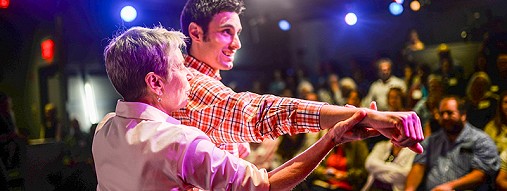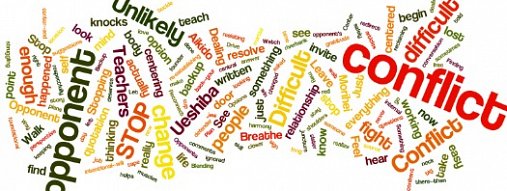The Difficult Conversation Revisited

How often do I revisit what I teach? Almost every day.
When the difficult, courageous, crucial, purposeful or just plain hard-to-hold conversation is imminent, I get out my "Checklist", tips, and resources. I call supportive friends and get to work on myself--looking inward to see what makes "this" one different, challenging, and off-putting.
I know I'm not the only one who's tentative about these conversations. In fact, most recently I've noticed a plethora of articles on the subject, which all pretty much say the same thing.
I'm revisiting the topic today with a few of the most common coaching suggestions....










